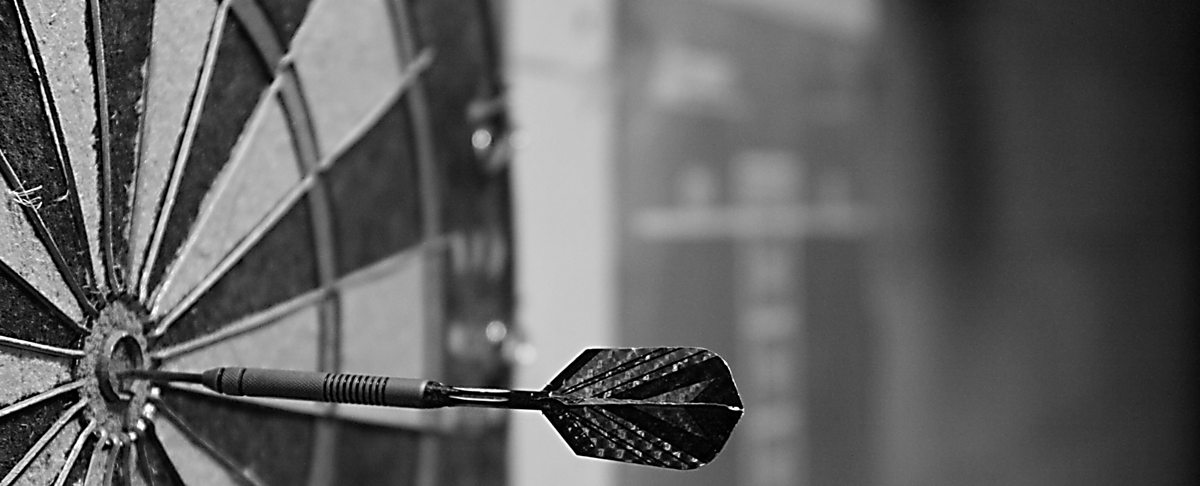In 2015, the English Bridge Union (EBU) challenged a decision by Sport England not to recognise the card game bridge as a sport because it does not involve physical activity.
They lost their High Court battle. The EBU wanted Sport England to reclassify the game, which would have made it eligible for government and lottery funding. It had claimed the ordinary and natural meaning of ‘sport’ in the 1996 Royal Charter, which established Sport England, was sufficiently broad that it did not necessarily require physical activity.
The judge said Sport England’s current policy defined sport as involving “physical activity” and its move to reject reclassification of bridge was correct. During the case, Sport England argued that bridge was no more a sporting activity than “sitting at home, reading a book”. Speaking after the decision, Sport England’s director of sport, Phil Smith, said: “Our job is to help the nation to be more physically active. We recognise that many people enjoy playing bridge, but that’s not going to play a part in the fight against inactivity.”
“Physical activity is a very uncertain yardstick”, lawyer Richard Clayton (representing the EBU) told the High Court, drawing a comparison between bridge and darts. He said the amount of physical activity involved in playing darts was arguably not much greater than that involved in shuffling and dealing cards to play bridge. Clayton conceded that darts did involve a level of physical skill not required in bridge, but argued that was not what the definition required. The EBU are currently appealing the decision.
Each of us brings our own opinion and bias to the question of whether or not a particular activity is a sport. For many, a certain level of physical fitness is required, yet the rather genteel activity of angling has received official sporting recognition by Sport England. So it would seem that ambiguity continues to reign in the argument over ‘what is a sport’, although some progress has been made in a debate which has been raging for centuries.

